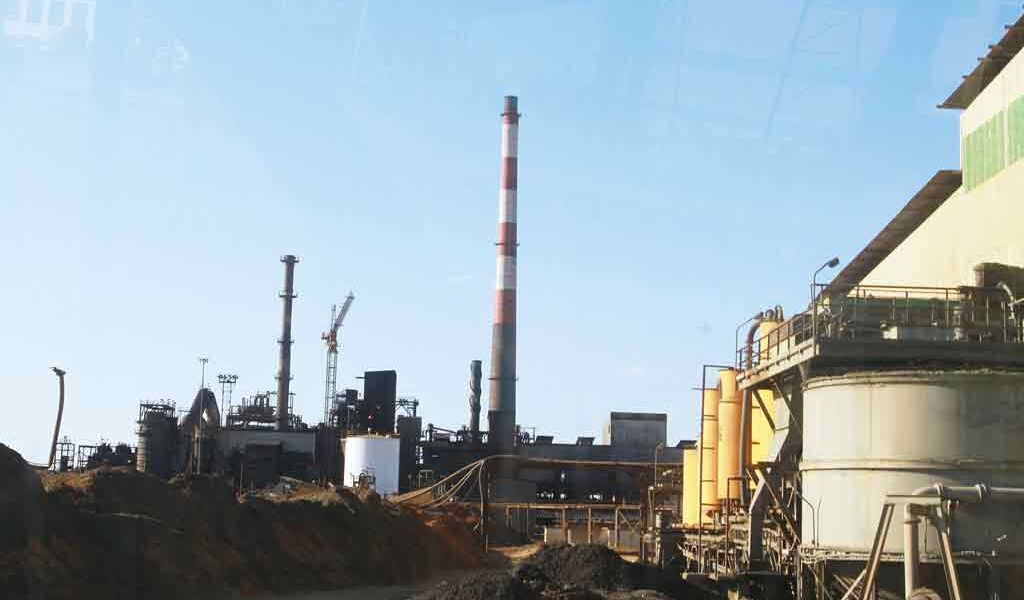“We have set up a Committee as Cabinet that will look into the options available to us, then we can decide about BCL” – Minister Mokaila
VINCENT MATUMO
The dark cloud and uncertainty which looms over the mining dependent town of Selibe Phikwe is far from clearing, as government is still mulling what to do with the BCL mine, its life and blood.
“We have set up a Committee as Cabinet that will look into the options available to us, then we can decide about BCL,” was all Minister Mokaila would disclose to Gazette Business. “We know what we are trying to do but we will release more information in time,” he said.
However, Mokaila’s views run contrary to the latest media reports suggesting that government has decided to close the mine, leaving over 4000 miners in the lurch.
The recently retired board chair of BCL, Dr Akolang Tombale recently told this publication that the most prudent thing would be to close the mine as it was no longer viable due to free falling commodity prices which have lead to the closure of hundreds of copper and nickel mines around the world.
“The mines really have to close because they are not viable,” he stated, adding further that “there is nobody in the world who can manage the price collapses.”
Tombale argued that currently the nickel price is lower than $3 but break even is $5, and so it should be circa $7 for the mine to be profitable, “and again it is low grade ore,” he said.
“Technically speaking, we wait for the prices to recover but the longer the recovery takes is the more painful, it is up to the shareholder,” he said.
“If you think it will recover, you put in money and re-finance the operation, even De Beers was refinanced,” he explained, “But you must ask yourself if it will recover,” he said.
Reports have since revealed that government declined BCL’s request for another billion pula as the loan facility it had sourced from financiers with Government’s backing, had been exhausted.
BCL mine however said it incurred a P1.2 billion ($116 million) loss in operating costs in 2015 and widely attributed it to the slump in world commodity prices.

